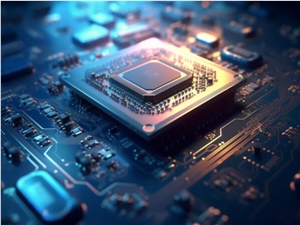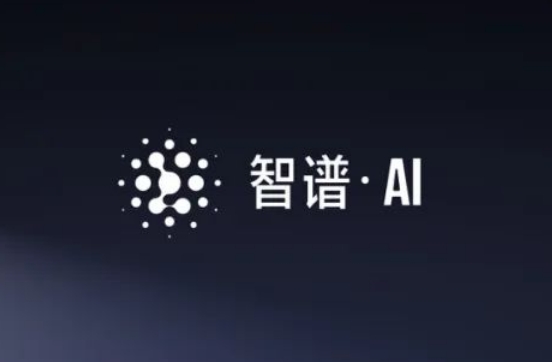Xiaopeng Motors chairman He Xiaopeng recently announced that the company's fully self-developed Turing AI chip will enter mass production and be installed in vehicles ahead of schedule, in the second quarter of this year. This progress comes at a time when the automotive industry is accelerating the application of end-to-end intelligent driving technology, driving the continuous expansion of AI large models.
Xiaopeng Motors is building its "strongest AI brain" by simultaneously developing a world-class base model with 35 times the parameters of mainstream VLA models, and a self-developed chip with the computing power equivalent to three Nvidia Orin Xs, which is about to enter mass production.

At Xiaopeng's AI Technology Day last November, the company first unveiled the Turing AI chip. Designed specifically for AI, this chip features a 40-core processor, supports the local running of 30B-parameter large models, and integrates two NPUs and a neural network-specific architecture. The Turing chip boasts an "independent security island" function for real-time vehicle safety detection; its two independent image ISPs (image signal processors) can handle complex lighting conditions such as nighttime, rain, and backlight, significantly improving perception clarity.
Compared to the Nvidia Orin X, the Turing chip achieves "three times the performance" in autonomous driving and smart cockpit large model driving. Xiaopeng completed the intelligent driving function verification on the Turing chip last October and achieved 100% utilization of computing power through deep customization. In the future, AI vehicles will carry at least three Turing chips, which will also be extended to Xiaopeng AI robots, flying cars, and other hardware, helping the company completely break away from its reliance on Nvidia chips.
He Xiaopeng stressed that the mass production and vehicle installation of the Turing chip marks a key step for Xiaopeng in core technology autonomy. With the deep integration of AI large models and intelligent driving technology, self-developed chips will become a core barrier to competition in the smart car market. Through the synergy of the Turing chip and the base model, Xiaopeng aims to build vertical integration capabilities from hardware to software, laying the foundation for next-generation intelligent travel products.








